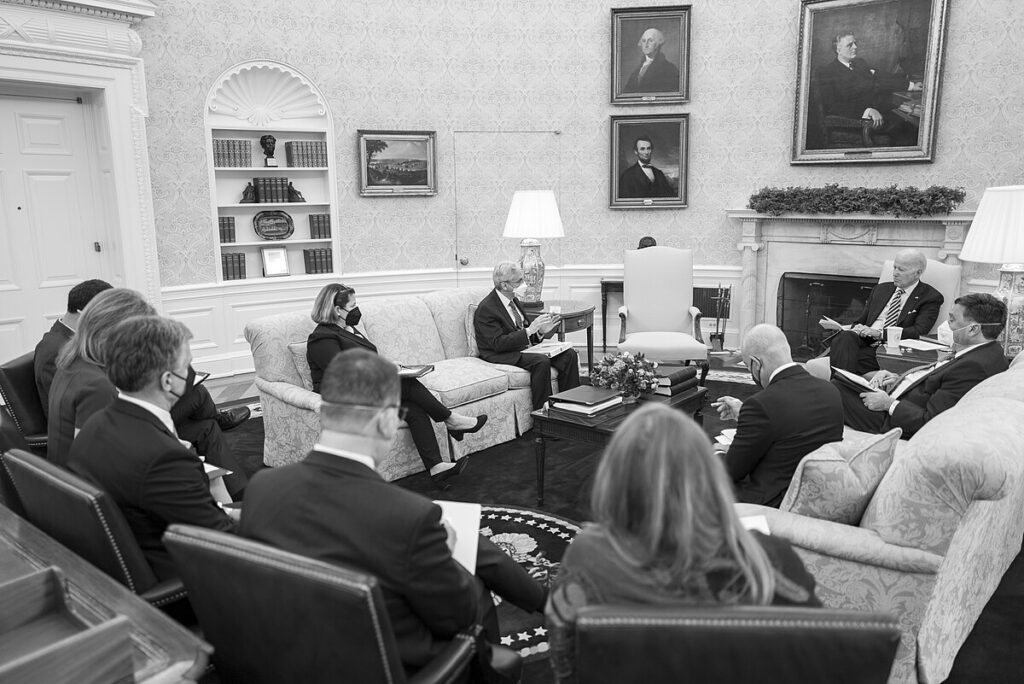Newly released records show the Biden FBI issued subpoenas for bank records and private communications belonging to numerous conservatives and Republican-affiliated organizations, and those documents lay out an unusually broad sweep of inquiries that critics call politically motivated. The materials were released Wednesday by Senate Judiciary Committee Chair Chuck Grassley, R-Iowa, and they portray a pattern of investigative reach that touches donors, operatives, and allied groups. What follows is a clear-eyed look at what the records reveal, why GOP leaders are alarmed, and what this means for the rule of law.
The records detail subpoenas seeking both financial and electronic trails tied to people and groups aligned with former President Trump, and they make plain that the investigations did not stop at obvious suspects. Bank records and communications were sought from a wide range of entities described in the files as linked to conservative causes or Republican political activity, and the sheer volume of requests surprised many observers. That breadth is what supporters of Mr. Trump call lawfare, a coordinated effort to use the justice system for political ends.
Republicans argue this is not standard law enforcement but a campaign to chill political engagement, and they point to the timing and targets as evidence. When an agency pursues donors, allied organizations, and advisors under the same set of probes, the practical effect is to make Americans think twice before supporting a cause or candidate. For many GOP lawmakers the documents confirm a long-feared scenario: that federal investigatory power has been redirected against one side of the political spectrum.
Beyond politics, the subpoenas raise legal and privacy questions over bank secrecy and attorney-client boundaries, because financial ledgers and messages can reveal far more than a single transaction. Asking for broad swaths of communications and account records invites spillover of sensitive information about people not accused of wrongdoing but simply connected by association. That kind of sweep tests both the Fourth Amendment concerns and basic expectations of confidential legal counsel in politically charged cases.
Skeptics of the FBI’s approach note that aggressive information gathering can chill donations and civic participation, which are the lifeblood of political movements in a free society. When donors see their accounts, their transfers, and sometimes their correspondence pulled into federal probes, the natural reaction is caution and withdrawal. The practical cost falls heaviest on grassroots groups and smaller funders who lack the legal protections afforded to large institutions.
Senate oversight figures, led by Chair Chuck Grassley, say the documents are a necessary step to shed light on how investigative tools were used, and they promise further review of the scope and justification for the requests. Republicans on the Judiciary Committee have framed the release as proof that Congress must exercise oversight to prevent partisan abuse. That posture reflects a broader GOP message this cycle: officials must be accountable when their actions intersect with political competition.
The Department of Justice and the FBI have not provided public, detailed explanations in response to every line of the newly disclosed files, leaving room for competing narratives. Supporters of the probes say subpoenas are a routine part of investigating alleged crimes and that legal process can require broad discovery to follow complex financial or communications trails. Critics, including many Republicans, see a pattern that feels directed and disproportionate in the context of a political dispute.
Whatever the legal merits of any single subpoena, the collective picture in these records has already reshaped public debate about fairness and enforcement, and it is likely to influence how voters and activists view federal institutions. The disclosures set up a prolonged clash between those who defend aggressive investigative tactics as necessary and those who insist on clear limits to prevent partisan targeting. In a polarized moment, the stakes include not just one case but the standing of constitutional protections and the trust Americans place in neutral law enforcement.



